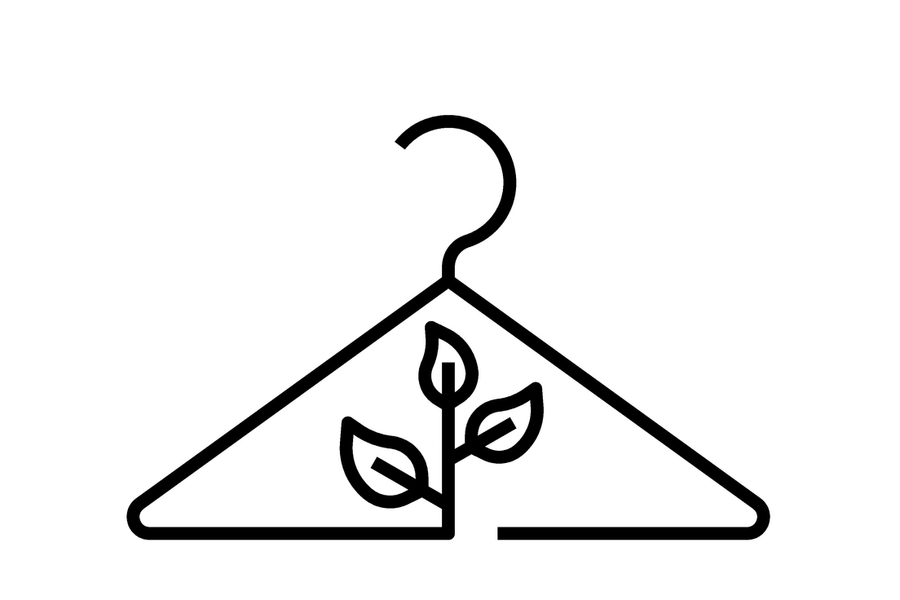There’s no easy fix for global warming, but there is for the torn crotch of those jeans you probably shouldn’t have worn to kickboxing class. And it’s dawning on consumers that if more online stores offered repair services for such mishaps, they could hang on to jeans longer and spare the planet the impact of manufacturing and shipping another pair.
- 42% of shoppers have thrown away clothing they would have liked to keep because they could not get them repaired.
- 60% strongly or somewhat believe that stores should offer repair services so they don’t have to throw them away.
The data comes from a new survey by Nosto, a commerce experience platform, and Censuswide, that focuses on consumer sentiment around sustainability. The online survey was conducted in June with 2,019 consumers in the US (1,002 respondents) and the UK (1,017), both samples nationally representative based on age, gender, and region.
Fashion backward: Many respondents were underwhelmed at the fashion industry’s response to the climate crisis.
- 57% strongly or somewhat agreed that the fashion industry should become more sustainable.
- 54% strongly or somewhat agreed that they “don’t completely trust” the claims that some fashion brands make about their environmental stewardship.
The price is might: Consumers say it’s hard to give the environment top billing in the current economic climate. Asked if the increasing cost of living made them more concerned about price than sustainability when clothes shopping…
- 61% strongly or somewhat agreed.
- That price sensitivity increased with age, with just over half (52%) of respondents aged 16 to 24 strongly or somewhat agreeing that price trumps sustainability, and 64% of consumers 55 and older agreeing.
Here 2-day, gone tomorrow: Still, even as they’re pinching pennies, consumers care about sustainability, and want brands to be on board, too.
- More than half (54%) of respondents strongly or somewhat agreed with the statement that they didn’t mind slower delivery times if it meant reducing carbon emissions.
- 56% strongly or somewhat agreed that retailers should use greener vehicles like electric vehicles and bikes for deliveries.
Retail news that keeps industry pros in the know
Retail Brew delivers the latest retail industry news and insights surrounding marketing, DTC, and e-commerce to keep leaders and decision-makers up to date.
“It does surprise me in [that] the age of Amazon Prime, that people would say that they’re willing to wait longer for deliveries if it reduces carbon emissions,” Guy Little, head of brand marketing at Nosto, told us. “It’s a great thing to say.”
As for returns—which, of course, repeat the environmental impact of online purchases being shipped in the first place—consumers had some thoughts about how to reduce them, too.
For clothing, one thing respondents gave the thumbs-up to was product pages having more customer-submitted images (AKA user-generated content, or UGC) of what clothes look like on non-models.
- 61% agreed that product returns would be reduced if the product page included photos of other customers posing in them.
Along with giving shoppers a better sense of what something looks like on someone who didn’t do a hundred crunches this morning, the photos also could help validate someone who didn’t do a hundred crunches this morning.
It helps “this whole body-positive message,” Little said. “We’re not just seeing…polished imagery on, you know, what we would consider a typical model; we’re actually seeing this real clothing on real people.”
